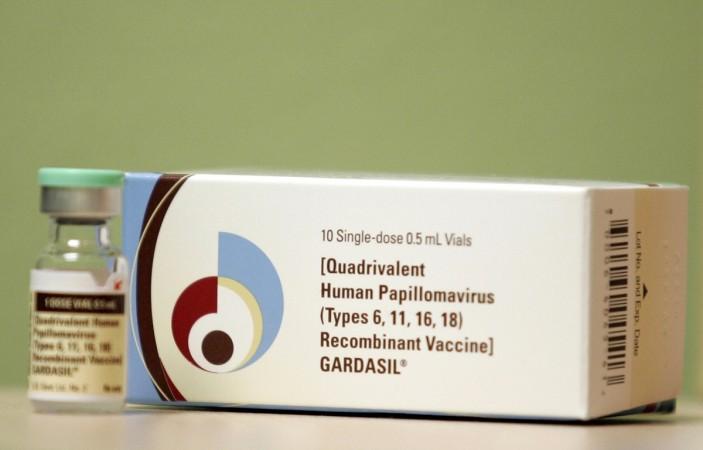
A Nigerian gynaecologist, Dr Nathaniel Adewole, has said that all sexually active Nigerians should take the Human Papilloma Virus (HPV) vaccine. He has said that it would be more beneficial for people having multiple sex partners. This is because the Human Papilloma Virus (HPV) is a major cause of cervical cancer.
The doctor's advice comes in the wake of the Medical journal, The Lancet, stating that around 800,000 women die of breast and cervical cancers per year and 90 percent of the deaths occur in developing countries, which includes Nigeria.
Adewole also revealed that most women in sub-Saharan Africa die of cervical cancer and has advised women belonging to that region to get a regular Pap smear test and cervical screening; doing so would help in detecting or treating the issues at an early stage.
"Any man or woman who has multiple sex partners stands a high risk of contracting the virus. The virus cannot be cured, it can only be managed. The virus can be transmitted from man to woman, especially those who have multiple sex partners," stated Dr Adewole, as quoted by today.ng.
"It is better when you are not HPV exposed. You know most viruses do not have treatment, they can only be managed," he added. He says people who have unprotected sex, multiple sex partners and get exposed to sex at an early age are prone to contracting the HPV.
"A person can take the vaccine to prevent him/her from contracting the virus and a woman who is not HPV positive can take the injection in order to prevent it. The best advice for the man if he has it already is that his wife should go for screening,'' Adewole said.
According to him, women, who are found to be HPV positive, should continue getting their Pap smear screening and women not suffering from the same should get tested at an interval of three years in order to prevent any unfortunate contracting of the virus and development of the cancer later.

















